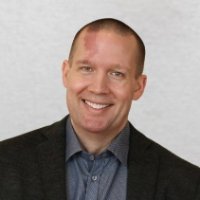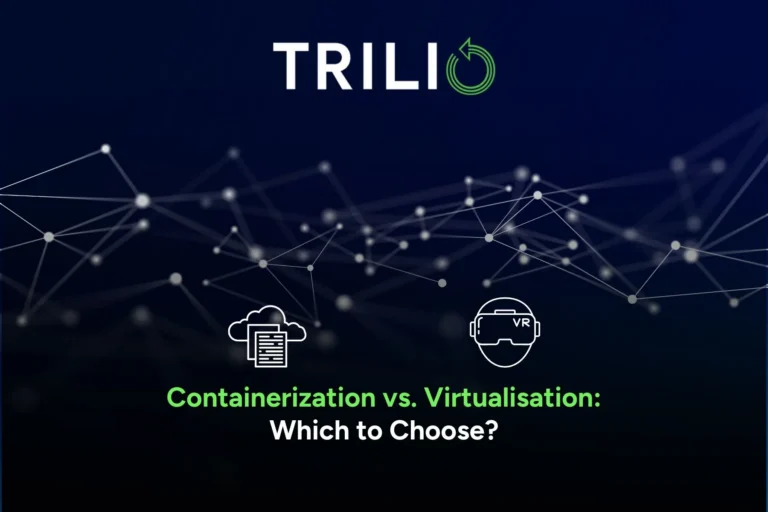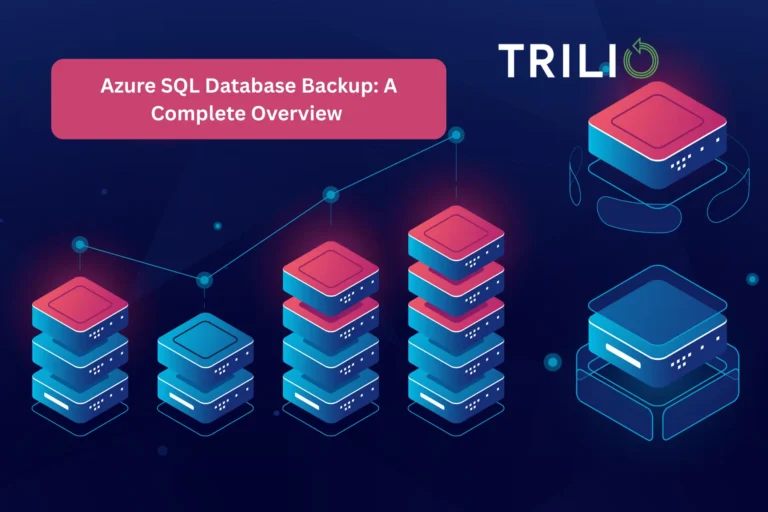
Welcome to Trilio’s Q&A series, where a member of our executive team interviews a senior executive with a key partner, customer, or industry analyst firm. We want to get their thoughts on the state of OpenStack, virtualization, cloud, data protection, or business assurance and continuity.
SUSE is a pioneer in open-source software, providing reliable, interoperable Linux, cloud infrastructure, and storage solutions that give enterprises greater control and flexibility. Earlier this year, SUSE completed the acquisition of OpenStack IaaS and Cloud Foundry PaaS assets from Hewlett Packard Enterprise (HPE). I recently had the opportunity to catch up with Michael Miller, President of Strategy, Alliances & Marketing for SUSE, to discuss the acquisition, and what this means for the future of OpenStack.
David: Can you give us an overview of the HPE acquisition? What did SUSE acquire and what does this bring to SUSE?
Michael: Sure. Back in November, we announced SUSE’s plan to acquire OpenStack IaaS and Cloud Foundry PaaS technology and talent from HPE. The acquisition, which was just completed in March, supports SUSE’s overall strategy to provide enterprise-grade, open-source, software-defined infrastructure and application platform solutions. SUSE will integrate the acquired OpenStack assets into SUSE OpenStack Cloud to create an even stronger, more feature-rich solution that addresses a greater variety of use cases.
David: How do the Cloud Foundry PaaS assets that you acquired play into the SUSE strategy?
Michael: PaaS is becoming a critical element of software-defined infrastructure as enterprises and developers shift to cloud-native applications and DevOps methodologies. We joined the Cloud Foundry Foundation in November 2015 with the idea that it would be an important element of our overall strategy. We are now a platinum-level member as of Nov 2016, and our CTO Thomas Di Giacomo has joined the Foundation’s board of directors. We will leverage the Cloud Foundry PaaS assets to accelerate our entry into the PaaS market and deliver a certified Cloud Foundry distribution. Our vision is a convergence between the best of container and orchestration technologies with the best of PaaS technologies that will create innovation that matters to our enterprise customers and partners.
David: How will SUSE and HPE work together on OpenStack and Cloud Foundry moving forward?
Michael: HPE has named SUSE as a preferred partner for Linux, OpenStack IaaS, and Cloud Foundry PaaS. HPE will also use OEM SUSE OpenStack Cloud and Cloud Foundry PaaS products and incorporate them into its Helion- and Stackato-branded solutions. This means HPE customers will gain the advantage of all the SUSE investment and continual innovation that goes into our Linux, OpenStack IaaS, and Cloud Foundry PaaS products. But note that this is a non-exclusive arrangement and, as we do today, we will continue to sell SUSE OpenStack Cloud and our upcoming SUSE PaaS offerings through a wide variety of partnerships and routes to market.
David: Why this investment, and why now?
Michael: SUSE has evolved and expanded from our roots as an enterprise Linux vendor to become a provider of enterprise software-defined infrastructure – and this investment helps us further that strategy. OpenStack has significant momentum and offers tremendous value to enterprises. We believe it will continue to do so for years to come as it becomes an important foundational platform for software-defined infrastructure innovation. Similarly, the PaaS market is poised for rapid growth, and Cloud Foundry is quickly becoming the trusted open-source platform for cloud-native application development.
David: You’re not just acquiring technology, but through this acquisition, you’ve added people as well.
Michael: Yes, this is really the most exciting and important aspect of this acquisition. We’ve brought on a broad team of highly talented open-source engineers with valuable experience in areas such as OpenStack IaaS, Cloud Foundry PaaS, Docker Containers, and Kubernetes. This addition to the SUSE development team means we can rapidly accelerate our product roadmaps and increase the pace and scope of innovation that we provide to our upstream communities and to our customers. You can find more on that, including video casts from a few of our new team members, here.
David: What role will SUSE partners play in this strategy?
Michael: The acquisition is clearly good for SUSE and also for our partners and customers. We remain strongly committed to being the “open, open source company,” offering flexibility in both the technology we create and in how we do business with our partners and customers. This includes bringing our OpenStack IaaS and Cloud Foundry PaaS solutions to market with a wide range of partners. This is also about collaborating with partners, like Trilio Data, who provide technology that complements our solutions in ways that address real enterprise customer needs and requirements. By furthering our strategy and expanding our portfolio, this acquisition will provide more growth opportunities for SUSE and our partners.



